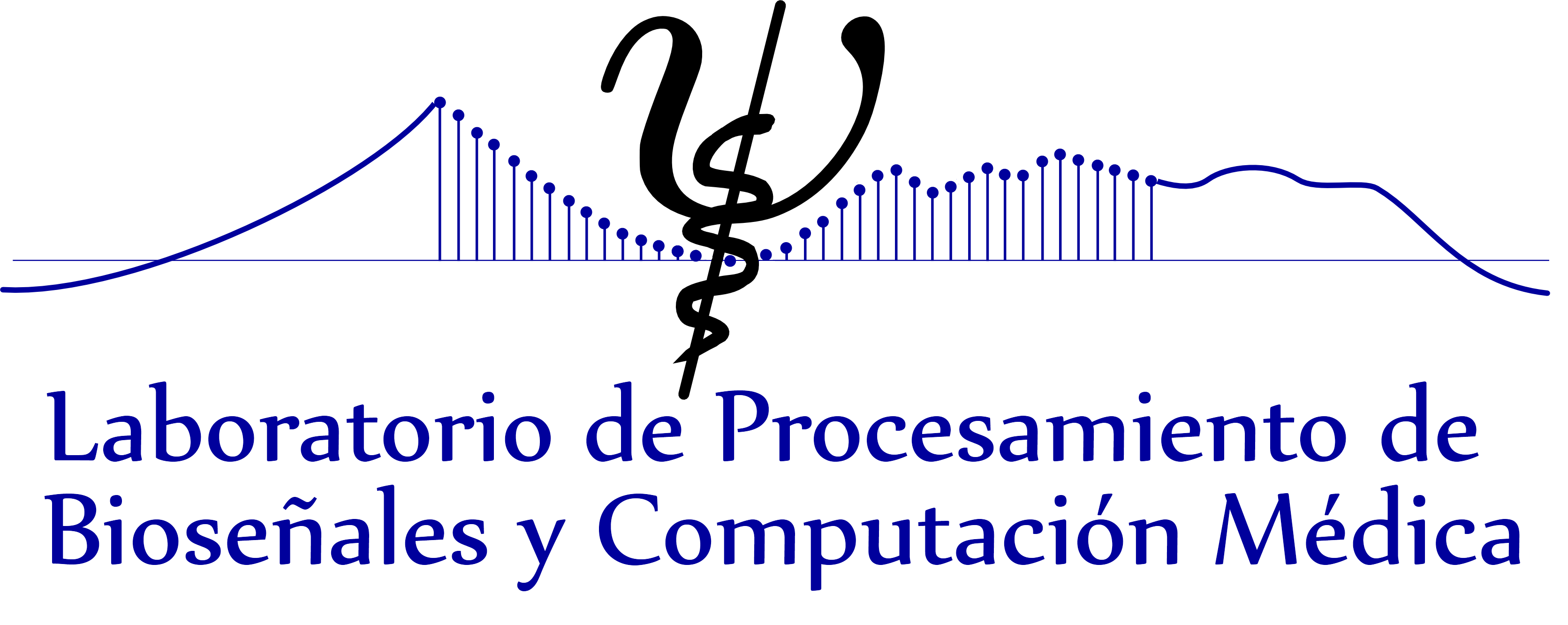MICAI Causal Reasoning Workshop 2019
Causal Reasoning: theory, models, evaluation and discovery
The formal study of causality started about 300 hundred years ago with the works of the great philosophers David Hume and Immanuel Kant. Hume approached causality from an empirical perspective: the knowledge that a certain thing (the potential cause) causes or prevents another (the effect) is acquired by means of experience and without any prior knowledge. He identified 3 conditions for this to happen: temporal and spatial contiguity, precedence in time of the cause with respect to the effect and constant conjunction; i.e., the constant occurrence of the both of them. The notion of covariation summarizes such a perspective. Kant, on the other hand, focused on the notion of causal power, which refers to the knowledge that some mechanism or power can cause a certain effect. As can be inferred, this is what we refer to as prior knowledge. Of course, both approaches have their respective advantages and disadvantages. Although the former have given us important clues for capturing the essential features of causality, the latter represent a serious challenge to overcome. Since then, different disciplines such as Philosophy, Psychology, Statistics and Artificial Intelligence (AI) have studied this important phenomenon. One of AI’s main interest is to build intelligent systems capable of automatically acquiring cause-effect relationships and using causal knowledge to build better intelligent systems.
About the workshop
- The workshop will be held as a satellite event in MICAI 2019
- Duration: 1 day. Expected 8h. Program to be announced.
Important Dates
- Paper submission: 20 September 2019 (Extended)
- Notification of decision: 30 September 2019
- Camera ready: 15 October 2019
- Event: 28 October 2019
Call for papers
This workshop aims at bringing together researchers and students from Artificial Intelligence, Statistics and Cognitive Science who work on causal theory, the construction of causal models and their evaluation, as well in learning causal models from data. We welcome original research as well as work in progress in the following (but not limited) topics:
- Theoretical models of causation
- Structural Equation Models
- Causal Bayesian networks and other graphical causal models
- Metrics and benchmarks for assessing causality
- Causal discovery
- Causal inference
- Machine learning and causality
- Applications of causal models
You can also see our CFP in:
Submissions
Contributions should be formatted according to Springer LNCS format. We accept 2 types of contributions
- Short (6 pgs) - Intended for early research and preliminary results
- Long (12 pgs) - Intended for solid pieces of research.
Submissions will be made through EasyChair. Please submit your contribution here.
Organizers
- Luis Enrique Sucar, INAOE
- Nicandro Cruz-Ramírez, CIIA-UV,
- Felipe Orihuela-Espina, INAOE
- Samuel Montero, INAOE
- Jenny Betsabé Vázquez-Aguirre, CIIA-UV
Program Committee Members
Alphabetical order by surname
- Gustavo Arroyo Figueroa, INEEL, Mexico
- Nicandro Cruz-Ramírez, CIIA-UV, Mexico
- Daniel Malinsky, Johns Hopkins University, USA
- Samuel Montero, INAOE, Mexico
- Eduardo Morales, INAOE, Mexico
- Felipe Orihuela-Espina, INAOE, Mexico
- Rubén Sánchez-Romero, Rutgers University-Newark, USA
- Luis Enrique Sucar, INAOE, Mexico
- Jenny Betsabé Vázquez-Aguirre, CIIA-UV, Mexico
Program
14:00 Opening
14:30 Causal Reasoning and Discovery
- Jenny Betsabé Vázquez Aguirre and Nicandro Cruz Ramírez; Evaluation of the intervention operator in Causal Bayesian Networks
- Verónica Rodríguez-López, Enrique Sucar and Felipe Orihuela-Espina; Toward Knowledge Transfer for Learning Markov Equivalence Classes
- Mauricio Gonzalez-Soto, Luis Enrique Sucar and Hugo Jair Escalante; Causal Games and Causal Nash Equilibria
16:00 Coffee Break
16:30 Applications
- Grigory Evropeytsev, Saul E. Pomares Hernandez, Jose R. Perez Cruz and Lil M. Rodríguez Henríquez; Indirect Spatiotemporal Short-Range Vehicle Communication Approach Inspired on Capillary Waves
- Arquímides Méndez-Molina and Ivan Feliciano-Avelino; Causal Based Q-Learning
17:30 Panel
- Tools and Data Sets for Causal Reasoning and Discovery
18:30 Closing
